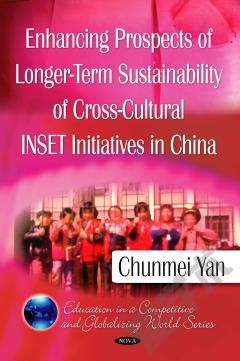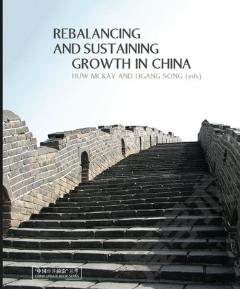Enhancing Prospects of Longer-Term Sustainability of Cross-Cultural INSET Initiatives in China
Within the methodological and conceptual framework of recent research on educational change, an evaluative case study was undertaken to investigate factors affecting longer-term sustainability of cross-cultural INSET initiatives in China. Four Sino-British initiatives were involved in the study, one of which was the main focus of the investigation, and the other three as supplementary sources of information. Fieldwork was conducted twice at two stages of the study for data gathering. The first was focused on the main initiative, and the second was on the three ancillary ones. Semi-structured interviews, questionnaires and documentation were utilized as major instruments to obtain information from a multiplicity of groups of stakeholders concerned. The findings that emerged from the study highlight seven intrinsic factors and six extrinsic factors as well as cultural adaptation as decisive to the longer-term sustainability of such initiatives. It was found that to enhance the prospects of sustainability of such initiatives, the interplay between the intrinsic and extrinsic factors would entail fulfillment of the roles and actions at micro, meso and macro levels, and communications and collaborations between them. Cultural integration arose as equally necessary to help the innovations to become well acclimatised to, firmly embedded in the local environment and evolve healthily and strongly, and further induce more fundamental changes. Finally, conceptual, methodological and practical implications were drawn from this study.
{{comment.content}}








 京公网安备 11010802027623号
京公网安备 11010802027623号